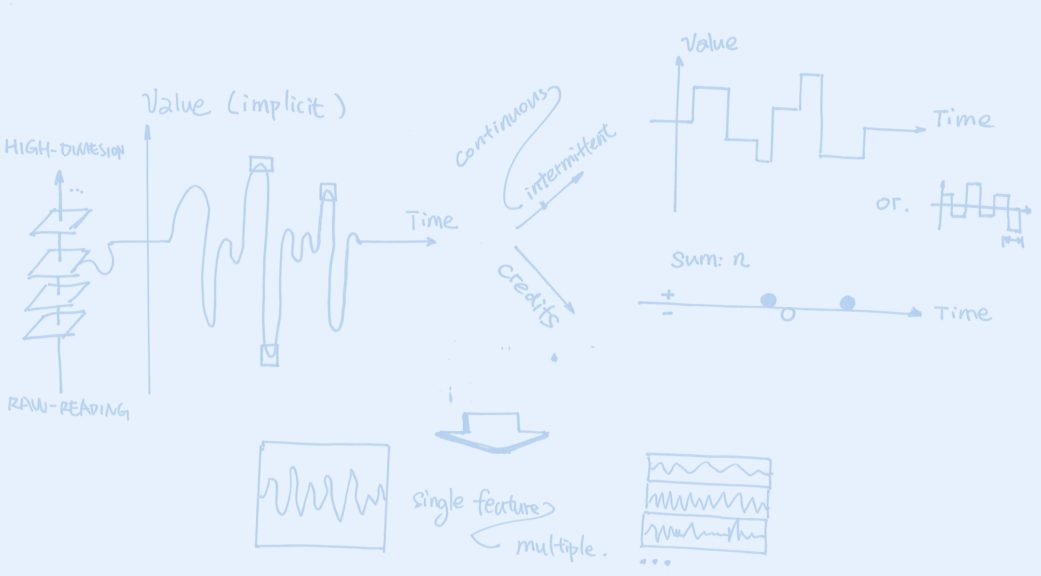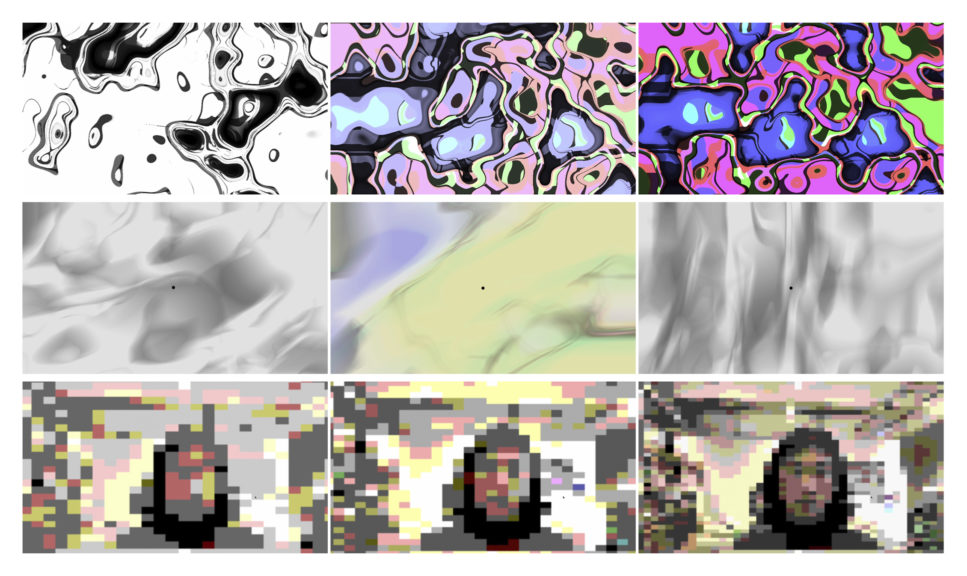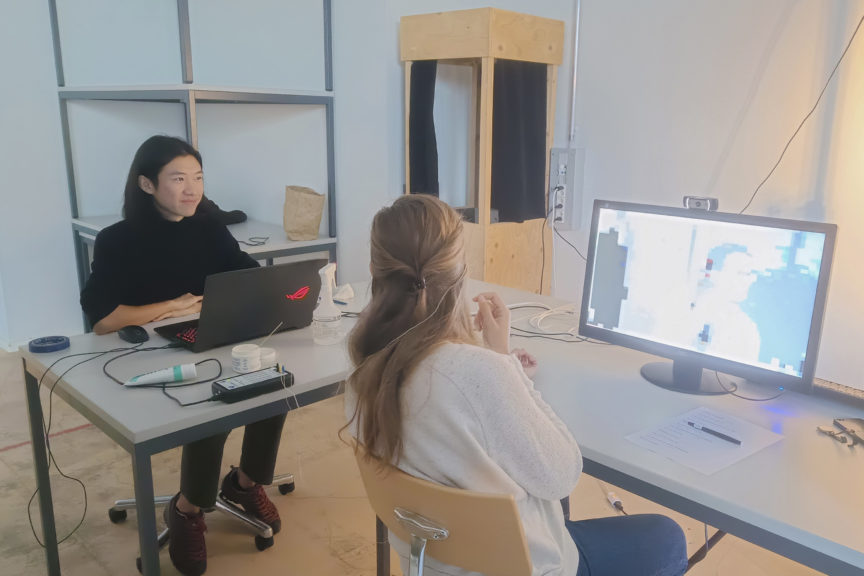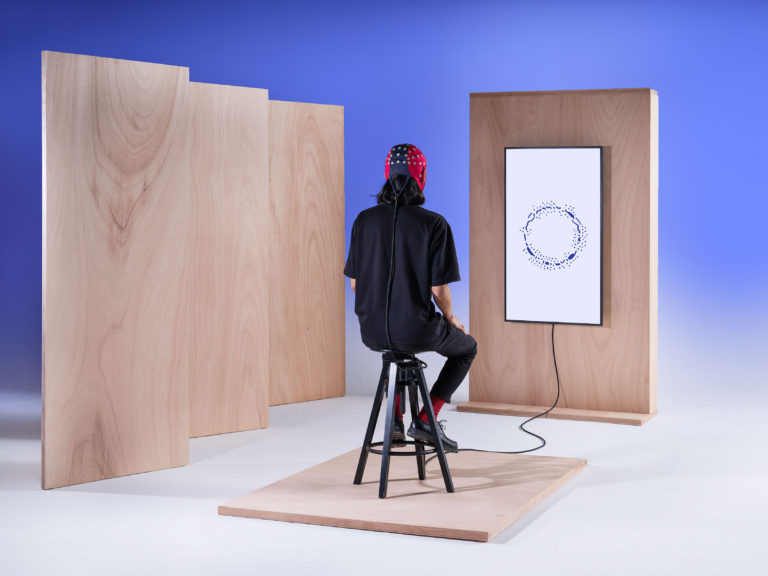Advancing Neurofeedback in Tinnitus
On going project
Emerging technologies are opening up new therapeutic prospects. But integrating them into the medical world often remains complex. How can they be designed to be adopted by patients and healthcare professionals? Interest, understanding, trust and emotional impact are essential factors to consider. Design research plays a crucial role in meeting these challenges.
The EPFL+ECAL Lab brings this contribution as part of the national project Advancing Neurofeedback in Tinnitus. This initiative proposes a therapeutic approach to tinnitus based on neurofeedback, which involves showing the patient a visualisation of the processes in their brain. Here design plays a key role in proposing a diverse array of visual representations of brain activity, and determining which factors enable the patient to regulate their condition most effectively.
The progress of this research work, dedicated to a syndrome that affects more than 70’000 people in Switzerland, relies on the collaboration of a transdisciplinary team. The EPFL+ECAL Lab is working closely with clinical neuroscientists from the University of Zurich and Zurich University Hospital, as well as experts in cognitive psychology and user experience from the Bern University of Applied Sciences and the University of Fribourg.
The EPFL+ECAL Lab aims to answer the following questions: How can visual stimuli based on neurofeedback be designed and evaluated? How can they be effectively adapted to the needs of people suffering from tinnitus? The stimuli currently in use range from simple signals to complex interfaces, but their effects on patients’ understanding, engagement, neural activity, emotions and perception remain largely unknown and poorly documented. Moreover, there are not enough tools to assess the effectiveness of these stimuli. The EPFL+ECAL Lab has carried out systematic visual research, combining both message and form, over several experimental cycles. This work has made it possible to formulate guidelines for the design and evaluation of neurofeedback stimuli.
The results of this first research phase should be tested in clinical settings as of 2025, and they have already been presented last November at the rtFIN conference – Real-Time Functional Imaging and Neurofeedback – in Heidelberg. These results pave the way for further advances in neurofeedback therapy and the development of new non-invasive tools.
Online study
If you’re interested in participating in the planned study, please complete the form available at the following link.
The results of the project will be released by 2026.
EPFL+ECAL Lab
Director EPFL+ECAL Lab and project Co-PI
DEPUTY Project Manager & Engineering Lead
Research Assistant
Design Lead
Academic Lead
Software Engineering
Master project
Sargam Telang
Clinical neuroscience group, University and University Hospital Zurich, USZ
PI
Pr Dr Tobias Kleinjung
Overall project manager, Senior scientist
Dr Patrick Neff
PhD student, signal processing engineering
Payam Sadeghi
Bern University of Applied Sciences and University of Fribourg
co-pi
Pr Dr Andreas Sonderegger
PhD student, Neuropsychology
Adrian Naas
Consortium Partners
Pr Dr Dimitri Van De Ville, EPFL and University of Geneva
Pr Dr Nathan Weisz, University of Salzburg, Austria
The ANT project is funded by the Swiss National Science Foundation









